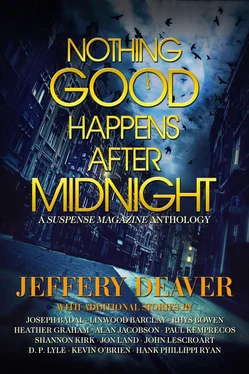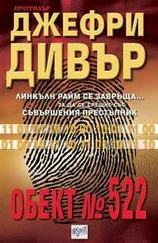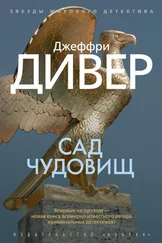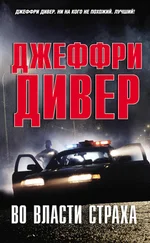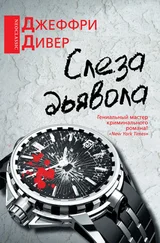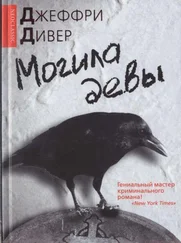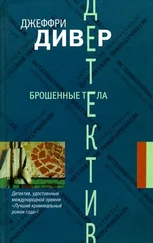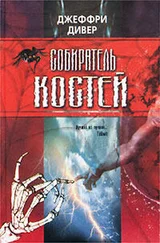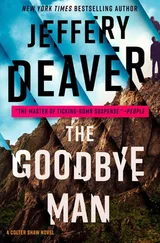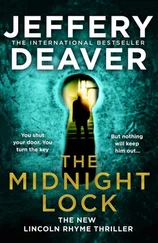“Send him over. I’ll be here for at least another hour.”
She brushed a curl of silver and auburn hair back from her face as she collected her thoughts. “Mr. Ruskin doesn’t get out much. He has, um, peculiar health issues. It’s hard to describe. He’d like to talk to you in person.”
I glanced up at the clear blue autumn sky. The raw north winds and slag gray clouds of winter seemed far away, but it would be spring before I earned another paycheck. Meanwhile, the boat loan statements would arrive with the regularity of waves breaking on the shore. A job for a rich client would get me through a few months, maybe longer.
Trader Ed’s would have to wait. “I’m ready when you are,” I said.
“Wonderful,” she said. “Let’s go for a ride.”
Bridget’s client lived twenty minutes from the marina on the shores of Nantucket Sound, in a gated community of sprawling silver-shingled houses hidden behind tall hedges that protected their owners’ privacy as effectively as castle ramparts. The only things missing were moats and drawbridges. A long gravel driveway led to a two-story mansion surrounded by manicured lawns of impossible green. A white-trimmed porch bordered with hydrangeas ran along the full length of the house.
On the drive over, Bridget talked about growing up in the gritty working class enclave of South Boston, making her Harvard law degree even more impressive. I talked about my roots in the former factory city of Lowell and my stint in the Marines. We were chatting like old friends by the time we got to the house. She snapped the switch into business mode as soon as she parked behind a black Cadillac sedan in the circular driveway.
“This is it,” she said.
This was a mega mansion that looked to be at least ten-thousand square feet in size. I had to crane my neck to take in the whole length of the front porch and the three-story height.
“Nice little shack. What does Mr. Ruskin do to pay the lighting and heating bills in this place?”
“He doesn’t have to do anything. He comes from an old New England family that made its fortune years ago in labor procurement, energy and pharmaceuticals.”
Bridget answered the question with a straight face, but the airy lilt in her voice sent me a different message. “I get it. The skeletons in the closet of many a respectable Yankee family. Slavery, whale butchery and the opium trade, in other words.”
“Yes. In other words. Mr. Ruskin currently dabbles in nation-building.”
I had to think about that. “Gun running?”
“Guns, missiles and bombs. And people to use them.” She cocked her head. “I think I like you, Mr. Socarides.”
“Soc. My friends call me Soc.”
“Very well, Soc. I answer to Bridge. Shall we?”
The slightly stooped man who answered the front doorbell looked like the greeter in a funeral parlor. Gray hair, grayer face and matching four-button suit, all the color of fog. Speaking softly in an undertaker’s voice, he said, “Follow me to the visitation room.”
He led the way down a long hallway, opened a door and ushered us into a rectangular space around twenty feet square. Three walls were plain. The fourth was covered by a hanging tapestry that showed a medieval hunting scene of sharp-toothed dogs taking down a unicorn. The fact that the victim was an animal that never existed did little to ease its pain at being ripped apart.
The gray man pressed a wall button. The tapestry slid silently aside to reveal a glass window. He pointed to a leather sofa facing the window, then left us alone.
The lights on the other side of the window went on seconds after we had taken our seats. We were looking into a big room. Directly in front of us was a metal and plastic desk and chair.
The room was a zoo of the dead. Animal heads of every kind festooned the walls. Their eyes were glassy and their expressions far from happy. Antelope, mountain goats, bear, some big cats.
Bridget was silent.
“You’ve seen this before?” I said.
“Yes,” she said. “I think it’s kind of creepy.”
“Ever wondered what hunters do with the rest of the animal?”
“That’s even creepier.”
“What is this place?” I asked.
Before she could answer, a door swung open between a pair of tusked boar heads at the far end of the room. A ghost-like apparition entered the room, made its way in our direction, and stopped next to the desk. It wore a hooded white suit, like the kind worn to protect against hazardous materials. A white gauze mask covered the lower part of the face. The feet were encased in fabric pull-ons.
“You’re right; Ruskin is eccentric,” I murmured.
“That’s not him,” Bridget said. “That’s his valet.” She put her finger to her lips, then glanced at a red plastic globe on the wall above the window. “That’s a camera and a microphone that is very, very sensitive.”
The door opened again. Another man entered, leisurely walked the length of the room, and stood next to the figure in white.
“Ruskin?” I whispered.
Bridget nodded.
I’d pictured Ruskin as a raw-boned flinty-eyed Yankee with a mouth full of horse teeth, mop of unruly hair and a profile that looked as if it had been carved from a granite quarry. Bad call. Ruskin was as bald as a bullet, had a neck that belonged on a cartoon bully and looked as if he chewed steroids as candy. He was wearing a snug T-shirt and shorts that showed off a buff physique. His hands looked as if they could hurt someone.
He said, “Thank you for coming, Mr. Socarides. Please pardon the unusual meeting arrangements. This is a protected environment. I suffer from a number of acute allergies, all potentially life-threatening. It’s a rare, progressive affliction particular to the Ruskin family. This gentleman is an employee of mine. The suit he has on is to protect me from outside allergens that would cause a severe reaction.”
Despite his mauler looks, Ruskin spoke with a cultured accent that carried echoes of an English boarding school.
“No different than talking over the phone,” I said, although it was a lot different. “Ms. Callahan said you need a private detective to recover some valuable property.”
“Correct. Tell me, are you familiar with the work of Elmer Crowell?”
“The bird-carver?”
“That’s right, although he was much more than that. Allen Elmer Crowell is considered the Father of American Bird Carving. He was the master of a unique form of American art who has been called the Cezanne of waterfowl carvers. Another question. Have you heard of Viktor Orloff?”
I would have to have been stuck in a cave not to know about Orloff. His face had been in all the papers and on TV. “Sure. Orloff was the financial guy who conned his clients out of millions of dollars. Were you one of them?”
Ruskin’s lips twitched in an almost-smile.
“I knew better than to invest money with that slimy old grifter. We had a business arrangement. He had agreed to sell me a preening merganser.”
“Come again?”
“It was a carving, part of a set of six half-scale models that Crowell had carved for special friends. I own the other five. I paid Orloff for the decoy, but before I could pick it up he was arrested and put in jail. The judge denied bail because Orloff was a flight risk. His house was sealed with all its contents.”
“Including the bird?”
He nodded. “As you probably know, Orloff was convicted and went to prison. He had my money but I didn’t have the decoy.”
“No chance of getting your money back through legal channels?”
“Unlikely. Even if I could dig it out of whatever black hole Orloff had hidden it in.”
“I see the problem. There must have been a long line of people trying to get their investments back.”
Читать дальше
